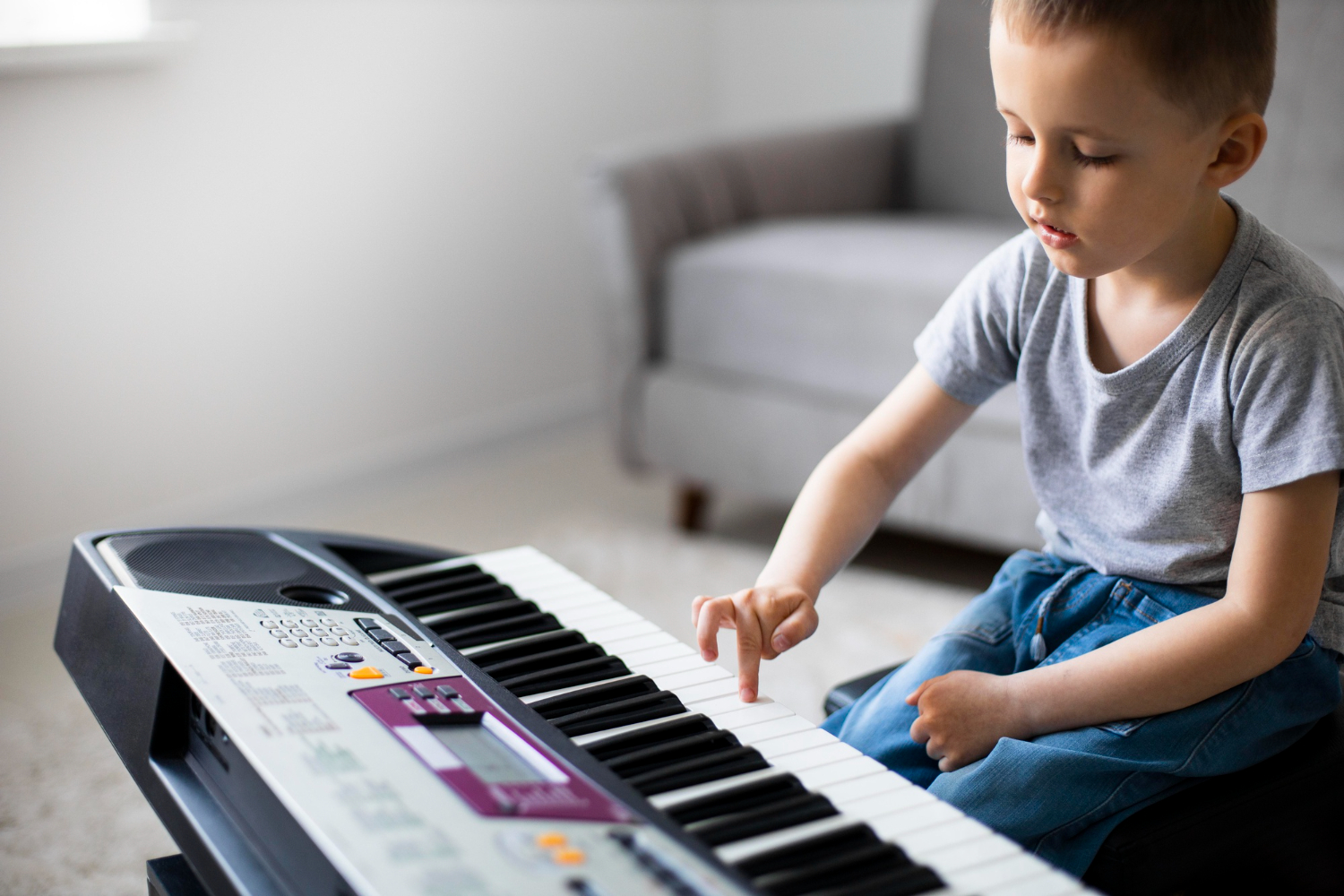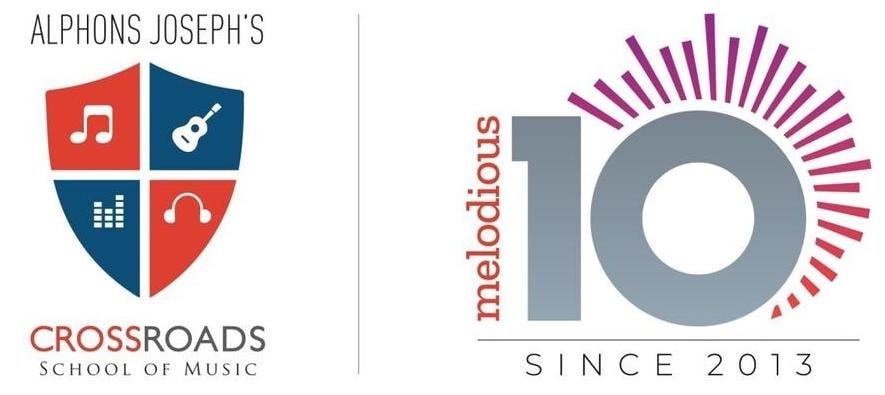Juggling the complexities of providing a well-rounded education for our children without overwhelming them is a universal challenge among parents. Have you ever pondered whether music education might be the key to unlocking academic success? If so, you’re not alone. Today, let’s delve into how music education can substantially contribute to your child’s overall success.
Cognitive Benefits of Music Education
Exploring the cognitive benefits reveals that studies consistently demonstrate how learning music enhances cognitive abilities, including memory, attention, and problem-solving skills. It’s akin to a workout for the brain! When children engage in music education, they acquire a skill set that seamlessly transfers to their academic pursuits.
In practical terms, the process of learning to read music and comprehend musical patterns acts as a stimulating exercise for the brain’s neural pathways. This mental workout effectively enhances memory, requiring children to memorize musical notes, rhythms, and sequences. The ability to focus on intricate musical details also cultivates improved attention, positively impacting focus and comprehension in other academic subjects.
For optimal support: Encourage your child to actively immerse themselves in various music genres. This exposure can enhance their ability to recognize different patterns and rhythms, reinforcing their cognitive flexibility.
Discipline and Time Management
Shifting our focus to discipline and time management, the journey of learning to play an instrument or master vocals demands consistent practice and dedication. This instills invaluable discipline and time management skills in our children, crucial for academic success.
Consider this a valuable life lesson for your child. The commitment to regular practice sessions not only sharpens their musical abilities but also instills the importance of consistency and perseverance. These attributes seamlessly apply to academic studies, where a disciplined approach to homework and time management significantly impacts overall performance.
Here’s a proactive step you can take: Establish a dedicated practice routine. Designate a quiet and comfortable space for your child to practice, free from distractions. Setting a specific time each day for practice helps instill discipline.
Boosting Confidence
Confidence is a cornerstone in academic settings. Music education provides a unique platform for self-expression and performance, nurturing a child’s self-esteem. This newfound confidence transcends into other areas of their lives, including the classroom.
In the world of music children often showcase their talents through recitals or performances. The act of standing in front of an audience and presenting their musical skills fosters a sense of self-assurance. This newfound confidence empowers children in academic settings, encouraging active participation in class discussions, presentations, and other activities.
To foster emotional intelligence: Encourage your child to explore various music genres to broaden their emotional range. Engaging in discussions about the emotions conveyed in music encourages open communication about feelings.
Emotional Intelligence
Turning our attention to emotional intelligence, music, as a universal language, provides children with a means to express their emotions. Understanding and managing emotions are pivotal for social and academic success.
Imagine a scenario where a child learns to play a melancholic piece on the piano. The process of interpreting and conveying the emotions embedded in the music helps them develop a nuanced understanding of emotional expression. This enhanced emotional intelligence positively impacts interactions with peers, teachers, and overall social well-being.
To foster emotional intelligence: Encourage your child to explore various music genres to broaden their emotional range. Engaging in discussions about the emotions conveyed in music encourages open communication about feelings.
Collaborative Skills
Music frequently involves collaboration, whether playing in a band or singing in a choir. Children learn to work together toward a shared goal, acquiring collaborative skills that prove invaluable in academic and professional settings.
The ability to collaborate effectively extends far beyond the realm of music. In group musical activities, children learn the importance of communication, teamwork, and shared responsibility. These skills directly apply to group projects, team sports, and other collaborative endeavors in their academic journey and future professional life.
Encourage collaboration by: Inspiring your child to participate in group musical activities. Playing in an ensemble or singing in a choir provides valuable experiences in collaboration and teamwork.
So, to all the parents reading this article, consider seamlessly integrating music education into your child’s life. It’s not solely about creating musicians; it’s about nurturing well-rounded individuals ready to navigate the challenges of the world.
In cultivating their academic success, the cognitive benefits, discipline, time management skills, boosted confidence, emotional intelligence, and collaborative skills gained through music education can play a pivotal role. As you embark on this musical journey with your child, remember that the harmonies they learn in music can resonate throughout their academic and personal lives, creating a melody of success.



